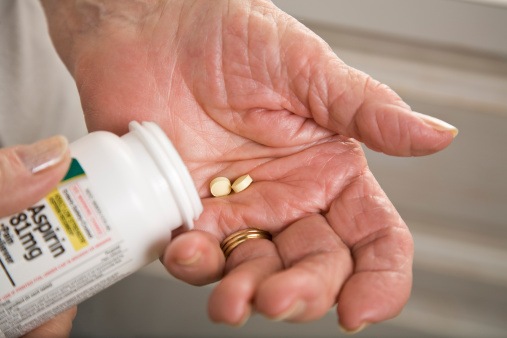
Biliary tract cancer (BTC) patients may have a lower mortality risk if they take aspirin after receiving their diagnosis, new research suggests.
“Biliary tract cancers (BTCs) are rare, with a worldwide incidence of less than 2 per 100 000 individuals. The 5-year survival rate ranges from 5% to 15%, with a median survival of less than 1 year,” explain the authors. “Between 60% and 70% of patients present with late-stage disease (eg, inoperable or metastatic tumors) owing to the lack of symptoms. Consequently, there is a critical need for treatments that improve BTC survival.” The research letter was published in JAMA Oncology.
To determine whether aspirin could reduce the risk of death in this patient population, the researchers used data from the United Kingdom’s Clinical Practice Research Datalink (CPRD), which houses electronic medical records, on all adults who received a BTC diagnosis between 1990 and 2017. Patients with previous cancer (with the exception of nonmelanoma skin cancer) were excluded. The authors defined ever use of postdiagnosis aspirin as at least one prescription recorded in the CPRD after the diagnosis date. Cox proportional hazards regression models were employed to estimate cancer site-specific hazard ratios (HRs) and 95% CIs for the relationship between time-dependent postdiagnosis aspirin and survival; patients prescribed aspirin within 30 days of their diagnosis date were considered users. The time scale spanned the time period from diagnosis until death, study participation termination, or the end of follow-up (stopped at 10 years). Adjusted analyses took into consideration age and statin use at the time of diagnosis, sex, comorbidities, indicators of a healthy lifestyle, and diagnosis year. When analyzing the data, the researchers used Read codes to determine specific cancer: gallbladder cancer (GBC), cholangiocarcinoma, ampulla of Vater cancer (ACC), and overlapping biliary tract lesions.
Data were available on 2,934 eligible BTC patients: 667 (23%) had GBC, 1559 (53%) cholangiocarcinoma, 224 (8%) AVC, and 484 (16%) overlapping. A total of 2,415 deaths (82%) took place; median survival was 5.8 months. At baseline, 9% (n = 256) patients were aspirin users; 349 (12%) more patients started using aspirin postdiagnosis. Most (96%, n = 2,817) aspirin users received a 75-mg dose prescription. Aspirin users, compared to non-users, were more likely to be older, current statin users, and prediagnosis aspirin users; they were also more likely to have comorbidities and heart disease.
Death risk was reduced in aspirin users with GBC (HR, 0.63; 95% CI, 0.48-0.83), cholangiocarcinoma (HR, 0.71; 95% CI, 0.60-0.85), AVC (HR, 0.44; 95% CI, 0.26-0.76), and overlapping BTC (HR, 0.68; 95% CI, 0.50-0.92). “Incident users with no history of aspirin use had a larger benefit from postdiagnosis aspirin use than prevalent users, although all users had a reduction in risk of death,” the authors added.
The researchers theorized that aspirin may be effective in reducing death risk in BTC patients by slowing the spread of cancer cells by inhibiting platelet aggregation.

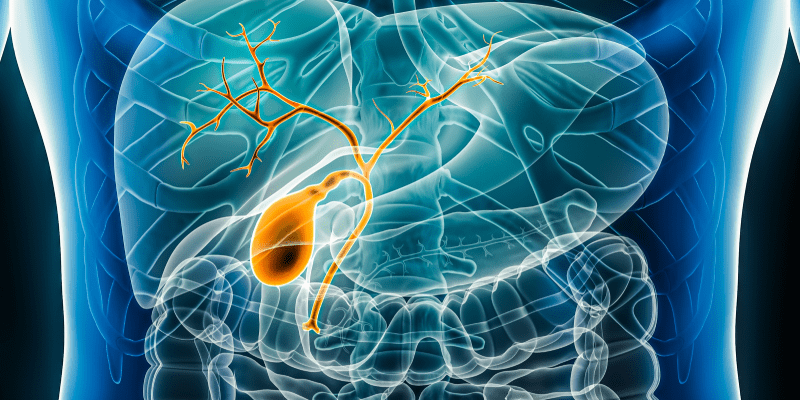
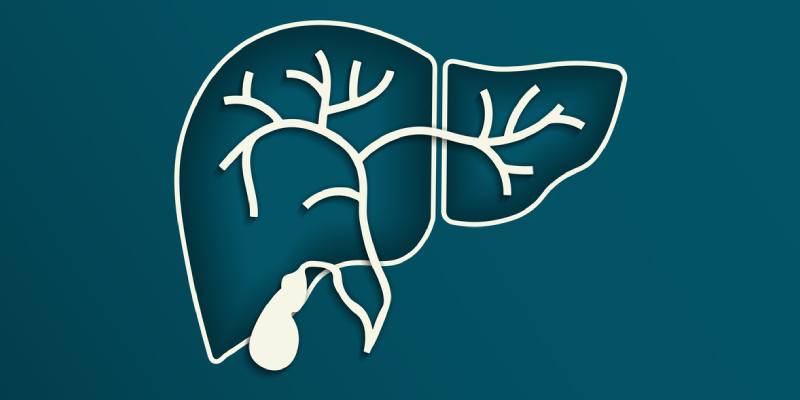
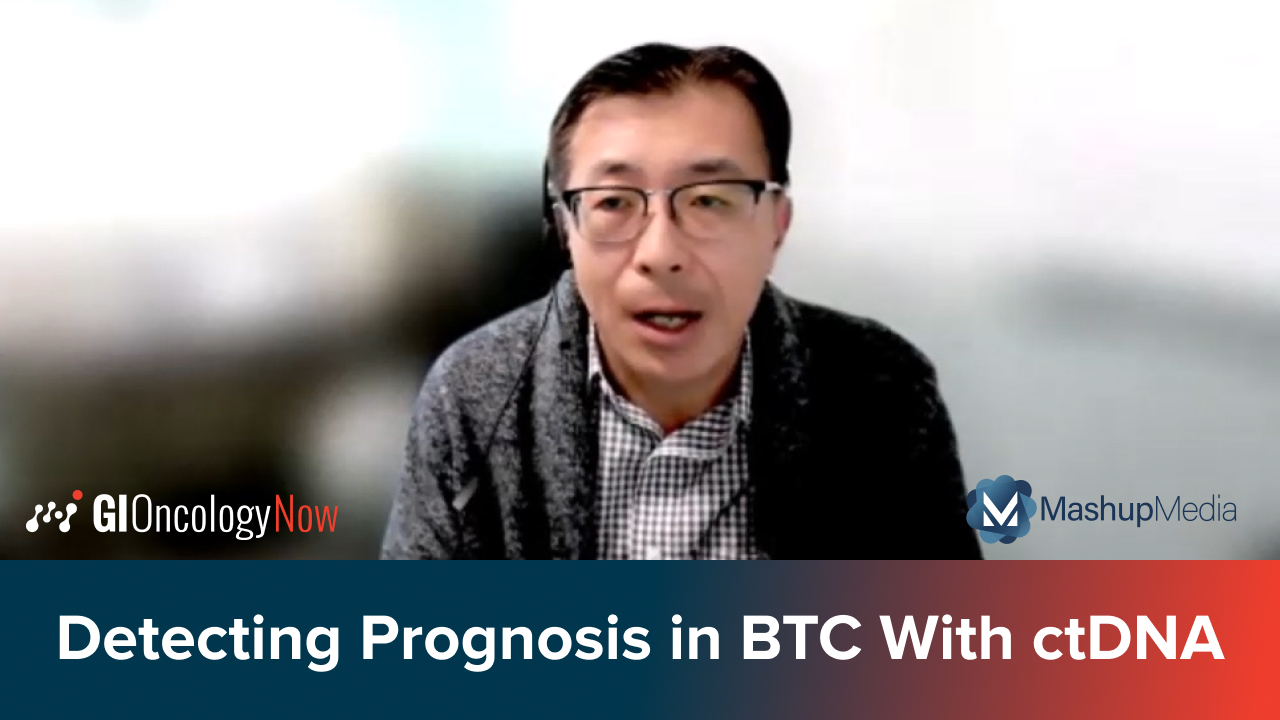
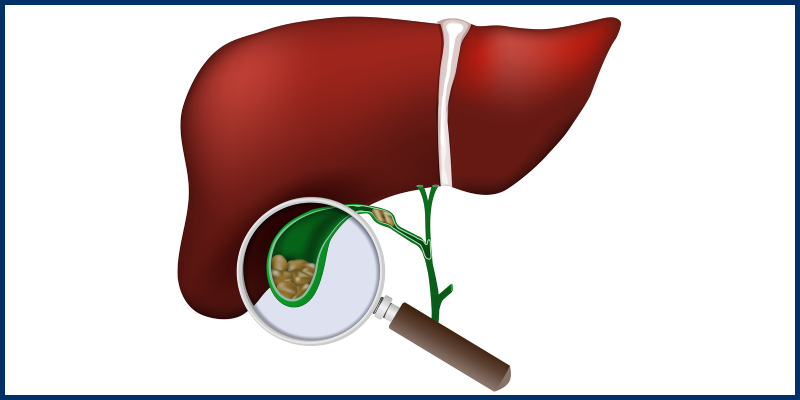
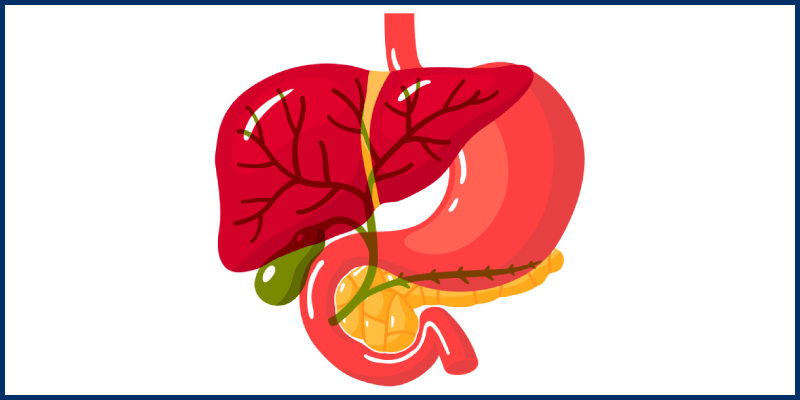

 © 2025 Mashup Media, LLC, a Formedics Property. All Rights Reserved.
© 2025 Mashup Media, LLC, a Formedics Property. All Rights Reserved.